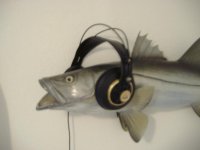According to certain actual, credible dictionaries (which I cannot name because of potential legal issues), snuck evolved in the mid-late 19th Century United States from the word "sneak". Frequently those who engage in hypercorrection (yes, that is a word, look it up) say that there is "no such word". However, this is misleading and ignores both the inevitable evolution of the English language as well as the authoritative comments of most English dictionaries, which do in fact recognize it as a valid colloquialism. (Most do so whilst still observing that most people do not consider it proper in "formal" English).
The argument that the word is a "false" irregular verb and is therefore improper ignores countless other commonly used words which do the very same thing; e.g., "pled", "dove". A similar argument could also be made for the seemingly nonsensical yet true proposition that "flammable" and "inflammable" mean the same thing.
It also fails to take into consideration that even standardized, "proper" English has very few firm rules, that most rules of proper English have many exceptions, and that formal vocabulary, grammar, spelling, etc. vary from place to place. (Colour/color; 'quotes'/"quotes"; "punctuation inside quotes,"/"punctuation outside quotes", possessive's apostrophe/its lack of apostrophe, while/whilst, and the like.)
Of course, this does not excuse the complete and utter abuse of English by many people today; e.g. "u" for "you", "ur" for "your"/"you're", ...
Any more questions??????????


